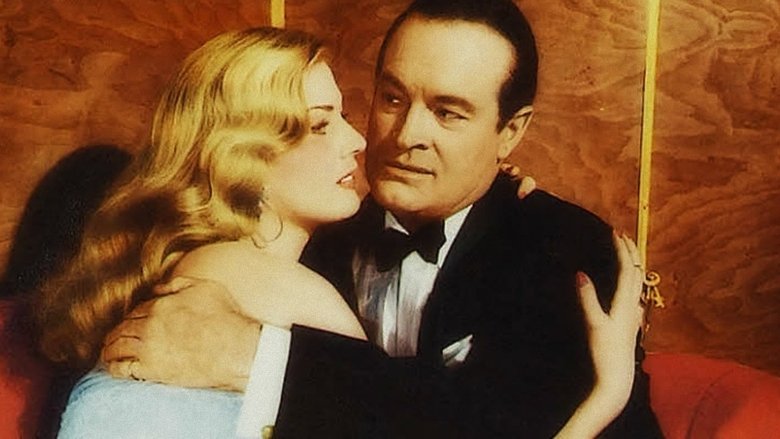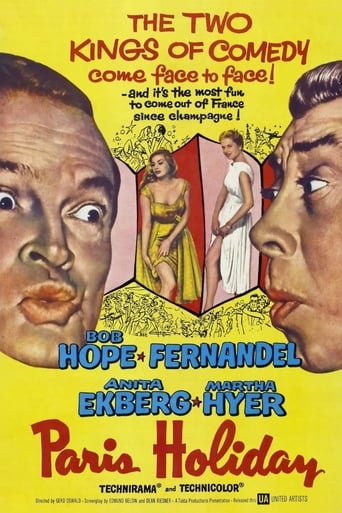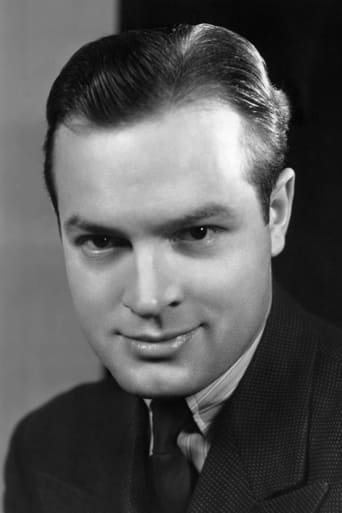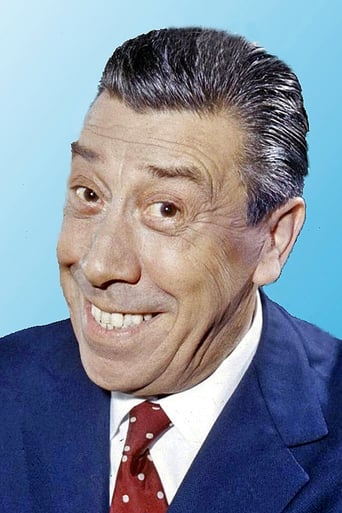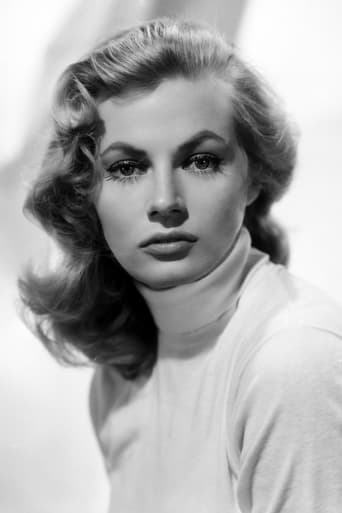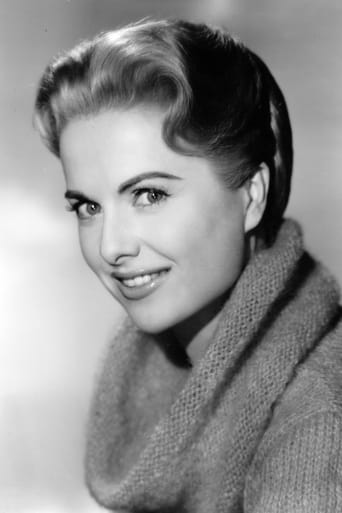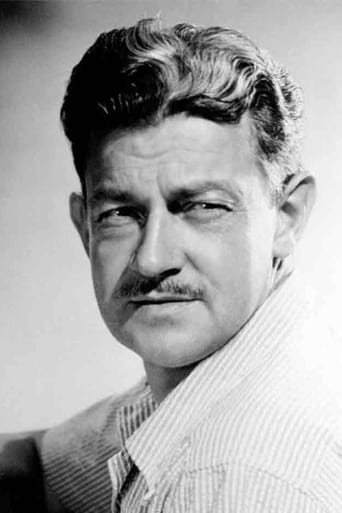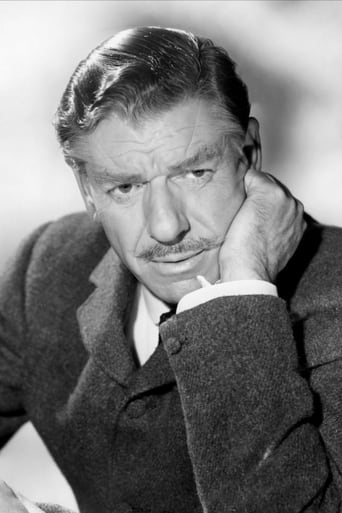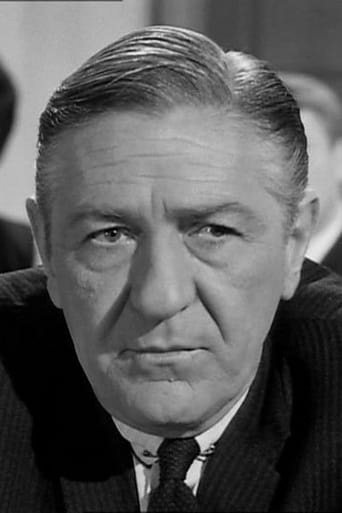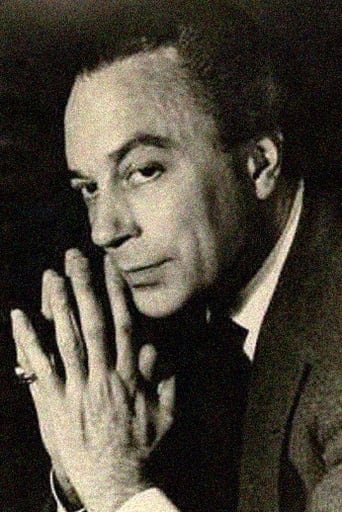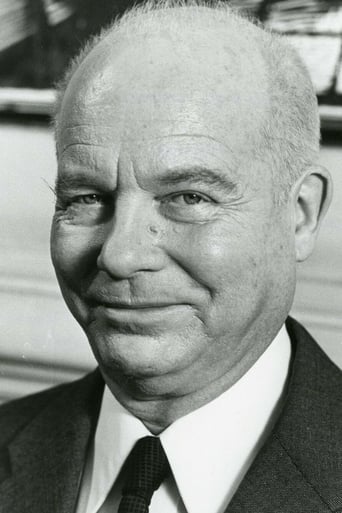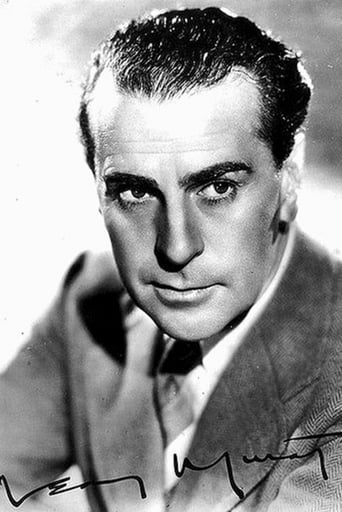Comedian Bob Hunter is aided by his French counterpart Fernydel and two beautiful blondes when he is targeted for death by a powerful European counterfeiting ring.
Similar titles


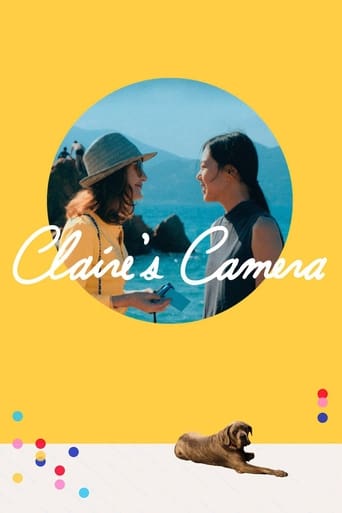
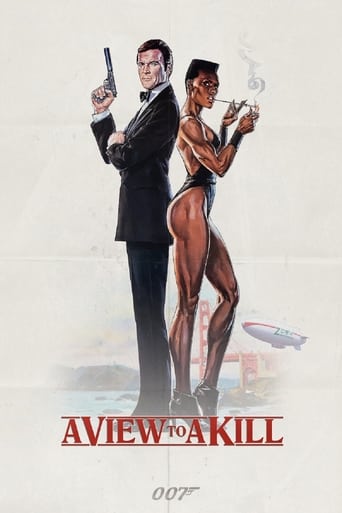
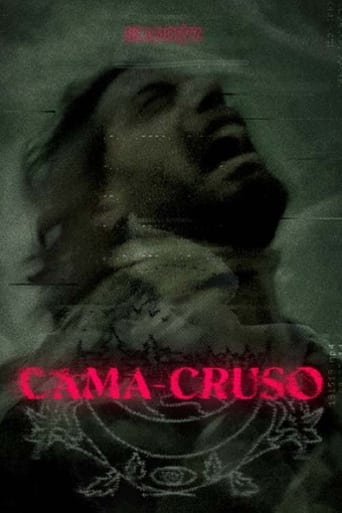
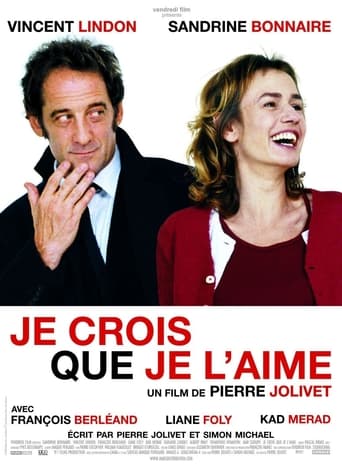
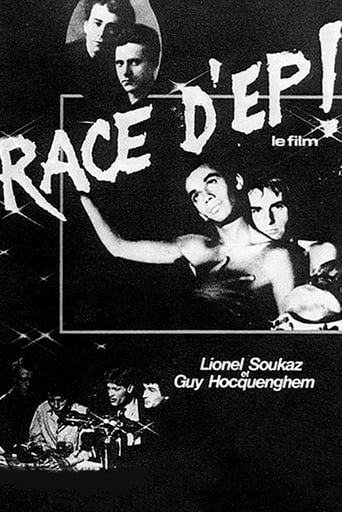
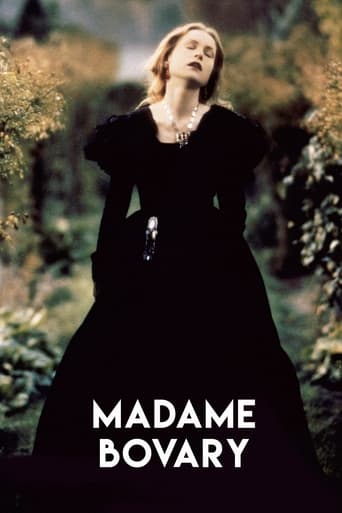
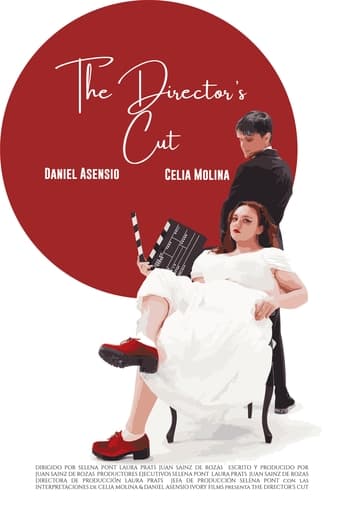
Reviews
Memorable, crazy movie
Funny, strange, confrontational and subversive, this is one of the most interesting experiences you'll have at the cinema this year.
Let me be very fair here, this is not the best movie in my opinion. But, this movie is fun, it has purpose and is very enjoyable to watch.
The story, direction, characters, and writing/dialogue is akin to taking a tranquilizer shot to the neck, but everything else was so well done.
There were so many spy spoofs in the 1960's that I think people don't get how fresh and original this spy spoof was in 1958.The great French comedian and Bob Hope play off of each other wonderfully. It is amazing because neither spoke the other's language. Both have to resort to slapstick and pantomime. The first scene where they meet and Fernandel stares at Bob Hope's large nose and calls it "extraordinaire, formidable, and fantastique". As a bonus, we get to see Anita Ekberg in a pre-La Dolce Vita role. She plays the femme fatale and steals every scene that she is in. A brief appearance by Preston Sturges is also a highlight.I think a lot of people don't like the swift movement between sophisticated comedy and slap-stick. However I enjoyed the mixture. The hanging from a helicopter ending reminds one of many silent screen Keystone Cops crazy endings. I'm a fan of silent films, so I enjoyed it as an homage, but I can understand people dismissing it as weak and derivative.
Bob Hope was, without a doubt, at the height of his film comedy popularity from 1939 through 1951. All of his films were pretty successful, and his cowardly, smart-aleck hit the right notes. His best notes were shared with Bing Crosby and Dorothy Lamour, but he did well on his own in films like "Where's There's Life", "Monsieur Beaucaire", and "The Princess and the Pirate". The last good films in this series were "My Favorite Spy" and "The Lemon Drop Kid". Then something happens. It is only beginning to be understood, for Hope's death last year sort of opened some hidden or shut doors. One thing that comes out is his (for want of a better term) "schizzoid" point of view regarding film acting. He saw Bing had won a best actor Oscar for "Going My Way" and could not understand why Bing did it and Bob could not. That Bing was better at straight acting than Bob never entered his mind. Hope felt that his writers could find a script for him that opened the door to an Oscar nomination (and, with luck, Oscar selection). If you notice in his best films there are moments when the writers and Hope do struggle to make his character rise to the surface on the plot line. But these moments are always brief - immediately he makes some snippy, "funny" comment that undercuts it. The reason comes out in his "schizoid" point of view. Hope could not stand leaving any dialog without a humorist zinger to cap it off. Imagine Lawrence Olivier as Hamlet or Othello or MacBeth, topping off a soliloquy with an old jest (possibly from "Joe Miller's Joke Book") and you can approximate this problem. The jokes were usually funny, but they deflated the dramatic moments in the films. After 1951 Hope still made movies, but his attention was now increasingly involved with television (radio was passing its peak years as THE home entertainment source). He still hoped to get that one elusive part. And to be fair to Hope his three best performances are in the 1950s after 1951: "The Seven Little Foys", "Beau James", "That Certain Feeling". The latter two are probably the best, with the biography of Mayor Walker actually tapping into his film personae almost perfectly for the dapper, funny, seemingly shallow Mayor. "That Certain Feeling" actually gave him a part where his smart alecky comments were compensated in the plot by his having psychological problems (an inferiority complex) and a rival (a superb George Sanders) to play off against (and in this case with - Sanders gives as good as he gets). Hope never rose above these two films (these three with "Foys").But Hope was approaching the end of his run of movie success with these three films. There had been signs of this even earlier. When he played opposite Hedy Lamarr in "My Favorite Spy", he met a type he was unused to in leading ladies. Most of his leading ladies were easy going and willing to let him carry the comedy for them (such as Virginia Mayo in "The Princess and the Pirate"). In Dorothy Lamour's case in the "Road" films she let Bob and Bing handle the comedy. With Lamarr he found a Hollywood star who insisted on equal time. When you see the film today it is very funny, and Lamarr never had as openly humorous a role in a film. But most of her footage ended up on the cutting room floor. Lamarr was quite angry about that, and never forgave Hope (and never appeared on any of his television specials, as other leading ladies of his did). In 1955 Hope stumbled again, doing a "Ninotchka" imitation called "The Iron Petticoat". It co-starred Katherine Hepburn. It makes one's eyes blink to see Hepburn's name opposite Hope - most of his leading ladies (even Oscar winners like Joan Fontaine) were not in Hepburn's league. Imagine Oliver Hardy romancing Joan Crawford or Greta Garbo in one of the Laurel and Hardy films. The same casting problem emerges (no problem if he romances Thelma Todd or Mae Busch though). Hope probably thought it was a great casting coup. This film pops up occasionally on British television (it was made in England), but has never appeared here. Both stars died last year, and I wonder if they both pressured American television not to show it. Hepburn, a gifted all around actress, probably did a good job. My guess is Hope tried to do to her what had succeeded with Lamarr. But Hepburn was bigger than Lamarr and it did not work. So, if my suspicion is correct, you really get two films, one starring Hope, one of Hepburn, tacked together. Hepburn, by the way, never showed up on a Hope special either. I wonder if she was even asked.Then came this disaster.I watched it once in the 1960s. It was incomprehensible to me, and given what films I had seen with Hope I wondered what had happened to him. Fernandel remained a total mystery for me, but I have seen him in some French films since, so I know he could act and perform very nicely. The plot was like half a dozen other plots reused over and over by Hope's writers - a brash coward is accidentally twisted into a criminal/spy conspiracy. The only thing I recall was that Preston Sturges' appearance as Serge Vitry was unique and short. I think that Hope may have hired him for the cameo because one of Hope's first big successes in movies was as Kidley, the hypochondriac millionaire in "Never Say Die", which Sturges wrote. But that point aside, this film was a bomb - the first really bad film in Hope's career and the one that pointed to the string of loser films of the 1960s and 70s.
Anita Ekberg's the highlight here in a comedy that needed a real villain for Hope and French clown Fernandel to play off. Instead we get a bunch of black-suited Keystone cops types who chase Hope around for the last half-hour of the picture. Lots of weak slapstick stuff in zis veddy zilly French movie.
The Mystery is why is this film not as good as it should have been. I've given it a 7, but it had the potential to be even better. Our two comics are good when they are together, but the courtroom scene is dragged out, and several scenes are very dark. However, the beauty of this film is in the viewing of Martha Hyer, Anita Ekberg, and Irene Tunc! All three are drop-dead gorgeous, and really contribute to the movie! Irene should have been given a bigger part! See it in wide-screen if possible.
Top Streaming Movies











